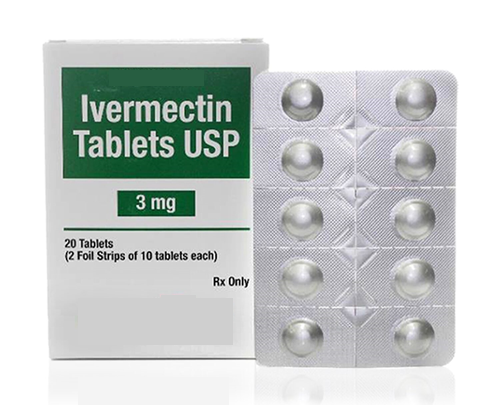Cinnamyl Alcohol: Anti-inflammatory Effects and its Biosynthesis Method
Jun 4,2024
General Description
Cinnamyl alcohol, a compound found in cinnamon, demonstrates potent anti-inflammatory effects by modulating the NLRP3 inflammasome pathway, offering promise in sepsis treatment. Biosynthesis of cinnamyl alcohol has been achieved through engineered Escherichia coli using a biphasic system, overcoming product inhibition and achieving high yields. This sustainable approach showcases the potential for industrial-scale production. In summary, cinnamyl alcohol shows therapeutic potential in managing sepsis-induced inflammation, while the innovative biosynthesis method provides a robust and efficient means of producing this valuable compound.
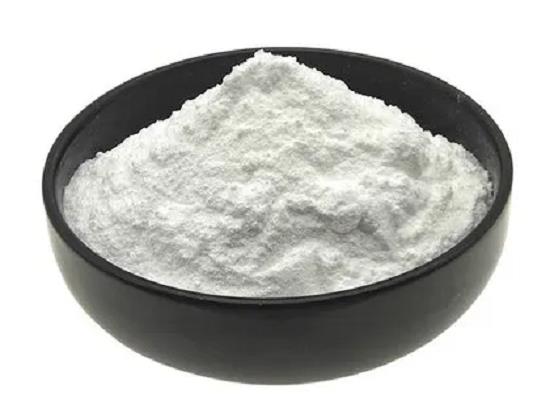
Figure 1. Cinnamyl Alcohol
Anti-Inflammatory Effects
Cinnamyl alcohol, a compound found in cinnamon and known for its aromatic properties, has shown promising anti-inflammatory effects in the context of sepsis-induced inflammation, primarily through modulation of the NLRP3 inflammasome pathway. Sepsis, characterized by a dysregulated immune response to infection leading to systemic inflammation, is a major cause of mortality in hospitalized patients worldwide. Current treatment options are limited, prompting research into alternative therapies such as cinnamyl alcohol. Recent studies have indicated that cinnamon and its components possess anti-inflammatory and antioxidant properties, suggesting their potential efficacy in managing sepsis. In a study involving mice induced with sepsis via Escherichia coli injection, cinnamyl alcohol administered orally demonstrated significant therapeutic benefits. Survival rates improved notably in mice treated with cinnamyl alcohol compared to untreated septic mice. Histological examination revealed reduced inflammatory changes in vital organs such as the liver, heart, lungs, and kidneys following cinnamyl alcohol administration. Furthermore, biochemical analyses provided mechanistic insights into its anti-inflammatory effects. Cinnamyl alcohol administration led to decreased levels of pro-inflammatory cytokines interleukin-1β (IL-1β) and interleukin-18 (IL-18) in the serum of septic mice. These cytokines play crucial roles in mediating inflammatory responses during sepsis. At a molecular level, cinnamyl alcohol was found to suppress the expression of key components of the NLRP3 inflammasome pathway, including apoptosis-associated speck-like protein containing a C-terminal caspase recruitment domain (ASC), NLRP3 itself, and caspase-1. The NLRP3 inflammasome is a multiprotein complex implicated in the initiation and propagation of inflammation in various disease states, including sepsis. Collectively, these findings suggest that cinnamyl alcohol exerts its anti-inflammatory effects in sepsis by attenuating the NLRP3 inflammasome pathway, thereby mitigating excessive inflammation and improving survival outcomes in septic mice. As such, cinnamyl alcohol holds promise as a novel therapeutic agent for the treatment of sepsis syndrome, potentially offering a new avenue for the development of targeted therapies against this life-threatening condition. Further research is warranted to explore its efficacy and safety in clinical settings. 1
Biosynthesis Method
Cinnamyl alcohol, valued for its aromatic properties and diverse applications, can be efficiently biosynthesized through engineered Escherichia coli utilizing a biphasic system. Traditionally, cinnamyl alcohol is obtained through plant extraction or chemical synthesis, processes limited by scalability, productivity, and environmental concerns. To address these drawbacks, researchers have pursued a sustainable biosynthesis approach. In a study, a recombinant Escherichia coli strain was engineered (BLCS) to coexpress carboxylic acid reductase from Nocardia iowensis and phosphopantetheine transferase from Bacillus subtilis. Remarkably, cinnamyl alcohol production was achieved without the need for overexpression of alcohol dehydrogenase or aldo-keto reductase. However, severe product inhibition posed a challenge to efficient cinnamyl alcohol biosynthesis. To overcome this limitation, a biphasic system was implemented, utilizing dibutyl phthalate and water. This system enabled in situ product removal, effectively alleviating product inhibition while facilitating the simultaneous separation and concentration of cinnamyl alcohol. As a result, up to 17.4 mM of cinnamic acid in the aqueous phase was converted to cinnamyl alcohol with an impressive yield of 88.2%. Furthermore, the synthesized cinnamyl alcohol was concentrated to 37.4 mM in the organic phase. Importantly, the efficacy of this biosynthesis system was demonstrated even when integrated with the production of cinnamic acid from L-phenylalanine, showcasing its versatility and robustness. In conclusion, the development of this one-pot two-step biosynthesis system represents a significant advancement in cinnamyl alcohol production. By combining genetic engineering techniques with innovative process design, this approach offers a promising pathway towards the practical and sustainable biosynthesis of natural cinnamyl alcohol on an industrial scale. 2
Reference
1. Zou L, Li C, Chen X, et al. The anti-inflammatory effects of cinnamyl alcohol on sepsis-induced mice via the NLRP3 inflammasome pathway. Ann Transl Med. 2022; 10(2): 48.
2. Zhang C, Xu Q, Hou H, Wu J, Zheng Z, Ouyang J. Efficient biosynthesis of cinnamyl alcohol by engineered Escherichia coli overexpressing carboxylic acid reductase in a biphasic system. Microb Cell Fact. 2020; 19(1): 163.
- Related articles
- Related Qustion
Kaolin, a versatile mineral, finds diverse applications in industries and emerges as an effective additive in managing insecticide-resistant pests in agriculture.....
Jun 4,2024APIIvermectin is an antiparasitic drug approved by the FDA for the treatment of several tropical diseases, including onchocerciasis, lymphatic filariasis, helminthiasis, and scabies.....
Jun 4,2024DrugsCinnamyl alcohol
104-54-1You may like
Cinnamyl alcohol manufacturers
- Cinnamyl alcohol
-
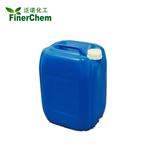
- $5.00 / 25KG
- 2024-07-23
- CAS:104-54-1
- Min. Order: 1KG
- Purity: ≥99%
- Supply Ability: 200mt/year
- Cinnamyl alcohol
-
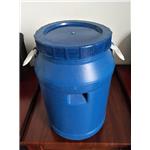
- $0.00 / 1kg
- 2024-07-21
- CAS:104-54-1
- Min. Order: 1kg
- Purity: 98.5%
- Supply Ability: 10ton
- Cinnamyl alcohol
-
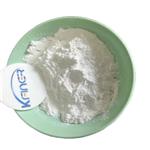
- $0.00 / 1kg
- 2024-05-15
- CAS:104-54-1
- Min. Order: 1kg
- Purity: 0.99
- Supply Ability: 50000kg




